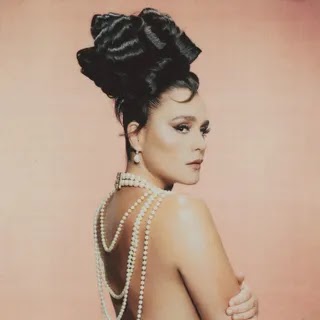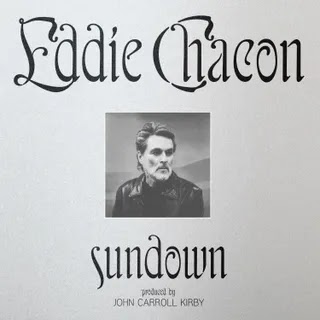The Houston singer’s debut blends pop, alt-R&B, and soul into a polished and pensive account of growing into young adulthood.
Peyton Booker’s songs burst with youth. As Peyton, the Houston singer moves through the world with starry-eyed wonder, wringing joy and novelty from mundane experiences. A trained vocalist and violinist with a choir background and deep ties to Houston’s music scene, she takes a refined yet playful approach. Her debut PSA is a pensive and lighthearted account of the trials and delights of young adulthood, its sunny, carefree music harkening to the days of R&B as the soundtrack of coming of age.
Peyton has been surrounded by music her whole life: Her grandmother Theola Booker was a Grammy-nominated gospel singer who once gave childhood piano lessons to Beyoncé. Peyton herself is a former member of Milky Wayv, a since-disbanded collective of Houston producers, keyboardists, and singers. Her work harnesses this lifetime proximity to music, straddling genres and styles with cool fluency. PSA melds dream pop, alt-R&B, and soul, a blend that manifests the album’s themes of change and becoming.
The production varies between lush and neat, the arrangements rich but never overshadowing Peyton’s shimmering harmonies. The colorful synths and celestial imagery bring to mind the fantasia of Prince and the futurism of Erykah Badu (the album cover evokes that of New Amerykah Part One), but the only time Peyton makes a direct nod to her influences is when she covers “Pure Imagination” from Willy Wonka & the Chocolate Factory—which actually is weirder than it might sound. Peyton’s version is more quiet storm than show tune, her breathy whispered harmonies wafting through an abyss of acoustic guitar and dulled percussion.
Like “Pure Imagination,” many of PSA’s songs meditate on a single emotion. “IRLMB” is pure infatuation, relishing the rush of fresh romance. “I really love my baby,” Peyton sings with possessive delight, elongating the syllables in “baby.” For “Perfect Peach,” a candied funk track, she’s sweetly yearning, comparing a paramour to ripened fruit. “Every night I see you/In my wettest dreams,” she coos, sounding more happy than horny. It’s as if the idea of this person is as appetizing as their actual presence.
Peyton’s ruminations are sometimes uninspired. Her vanilla references to Picasso and Civil Rights figures on “Ppl Say” underscore the vagueness of the gossip the song cites. “They say you’re just a dreamer, but did Martin lose hope?” she sings, going full Hallmark card. Picking through the pieces of a breakup on “What Did I Do,” she’s just as cliché. “Don’t make me a villain/I’m your superwoman,” she pleads. In moments like these, Peyton’s embrace of youth feels like a lack of perspective more than one still taking shape.
Highlight “It’s Been So Long” is more grounded. Over a bed of twinkly synths and soft keys, Peyton sings of death as if experiencing it for the first time. “How could you go to heaven/Without telling me goodbye?” she asks, her voice cherubic and plaintive. The shock is only temporary, the grief turning into acceptance as the song builds, but Peyton doesn’t make the shift feel inevitable. Throughout PSA, she channels the insurgency of growing up without exalting it. Her music is the rare agnostic document of youth, presenting it as neither tragedy nor primacy. One day you’re young, and then you’re not.
















0 comments:
Post a Comment